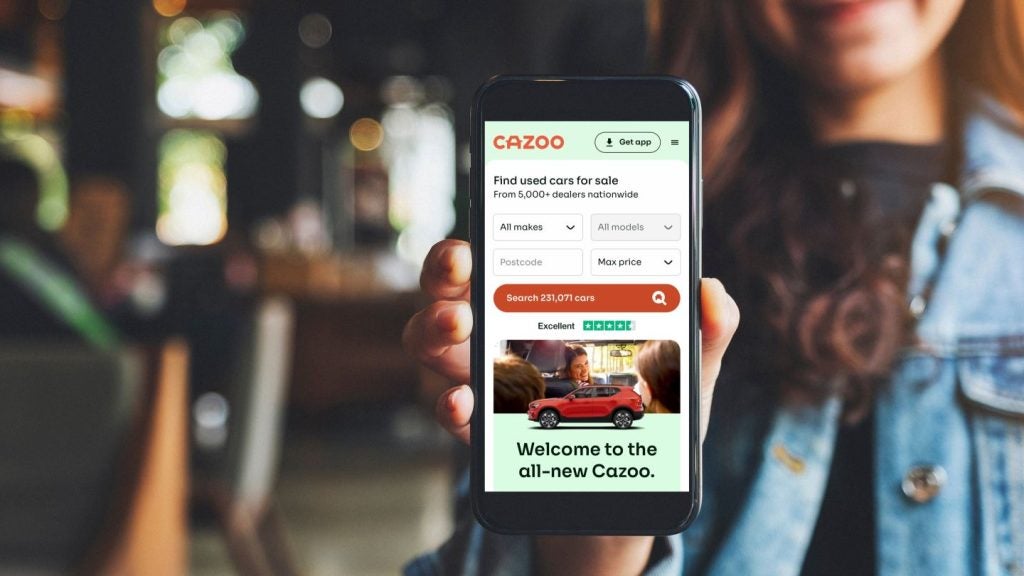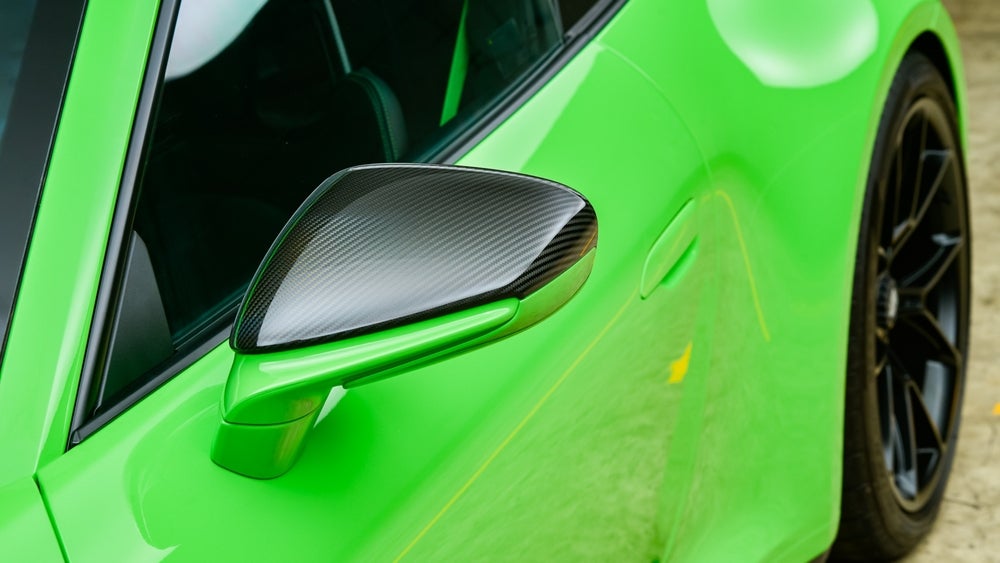Leasing.com has published the top seven trends seen on its website in 2021 to help the industry prepare for the year ahead as consumers increasingly veer towards smaller, in stock body styles and rapidly adopt electric vehicles (EVs).
- Compact popularity pushes into 6th gear
As UK drivers returned to some semblance of normality after Covid-19 lockdown restrictions, new cars were high on the agenda for many consumers. Less economical saloons were rejected in favour of smaller, more economical models to help consumers balance their household budgets.
Leasing.com enquiry data found consumer preferences leaning towards compact cars, with popular models like the Volkswagen Golf and MINI Hatchback, seeing double-digit enquiry increases of 40% and 21% compared to 2020. Saloons on the other hand, saw numbers beginning to drop along with the annual mileage allowances as a result of lockdowns and continued home working. The BMW 3 Series, the best-selling saloon in 2020, saw a drop in enquiries of 13% as leasing contracts for 5,000 miles or less increased by 43% in 2021.
- Electric charges ahead
As global delegates descended on COP26 and the fuel crisis caused panic buying across the UK, sales enquiries for EVs surged in record numbers, outperforming all of Leasing.com’s targets.
The electrified sector, including battery electric vehicles (BEVs), plug-in hybrids and hybrids, out-performed diesel vehicles throughout the year and as December closed, saw a 69% overall increase in sales enquiries versus 2020, while diesel saw a 7% drop in 2021. The popularity of petrol vehicles, on the other hand, increased by 18% in 2021 versus the previous year, showing that not all drivers can afford to or want to convert to an electric future.
- Energy crisis worrying drivers
Regardless of the increase in EV demand, one issue currently hurting consumer confidence is rising energy prices. Whilst charging an EV at home is still cheaper than refuelling a car, unlike fuel stations, prices at public charging points can vary dramatically, with some costing as much as 69p per kWh meaning a 50kWh vehicle would cost £34.50 to travel 200 miles.
So, whilst it may be slower, charging at home can be the most economical option, and with integrated partnerships with Rightcharge and others, Leasing.com is enabling EV consumers to order a home charger as part of their car leasing enquiry.
- Deposits on the rise
Leasing.com data shows consumers opted for larger initial rentals on their leased vehicles in 2021 compared to 2020, with 9 months upfront increasing by 34% year-on-year. One explanation is likely to be the increase in savings that consumers had at their disposal following numerous lockdowns and stay-at-home orders. This has allowed many leasing customers to put more money down and in turn reduce their monthly repayments.
- Driving the distance
Predictably, drivers covered fewer miles in 2021 compared to 2020 and this was reflected in the annual mileage allowance they requested with their new cars. Compared to 2020, 2021 saw a 91% increase in enquires for leases with 6,000 miles, while the popularity for 5,000 miles per year agreements increased by 51% over 2020. 10,000 was the most popular mileage allowance for electric vehicles in 2020, and this fell to 8,000 miles last year.
- Prices increase, but leasing remains cost effective
As with many markets, the auto sector has had to increase prices when faced with rising manufacturing and component costs, as well as the scarcity of supply.
However, with great flexibility of initial rentals, terms and mileages consumers can tailor lease contracts to suit their precise requirements. Usually at a cost that is cheaper than the PCP and HP cost for the equivalent vehicle. In August 2021, Leasing.com found that consumers could save in excess of £5,000 when leasing compared to opting for a PCP.
- Semiconductor shortage continues to stifle the market
The global semiconductor shortage remains an ongoing issue with manufacturer lead times on factory orders still often over 12 months. Consumers have turned their attention to in-stock vehicles and Leasing.com saw in-stock orders increase by 7% over factory orders in 2021. Factory orders were 27% higher than in-stock orders before shortages in 2019.
Paul Harrison, head of strategic partnerships at Leasing.com, said: “Our 2021 trends indicate what’s likely to remain in store for the new car market in 2022. With long lead times expected to continue throughout this year, the most popular vehicles are likely to be those that consumers can most easily get hold of, which offers an opportunity for some manufacturers to quickly gain market share.
“The huge increase in choice of electric vehicles and their improved affordability means the leasing sector will also continue to outperform the wider new car market in 2022, as it has done for several years. And personal leasing will gain market share from rival finance products as savvy consumers look to access the latest technology in the face of rising new car prices.”







